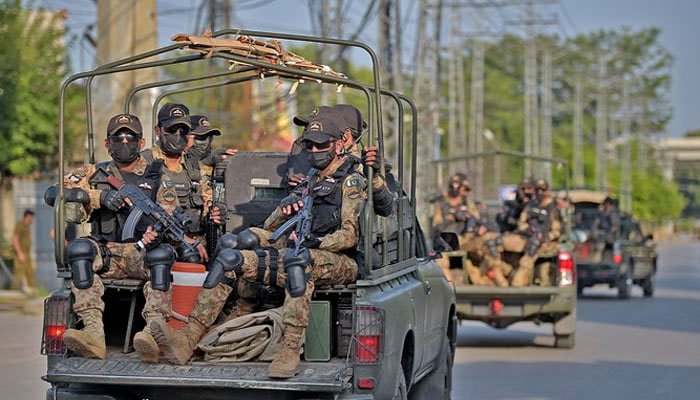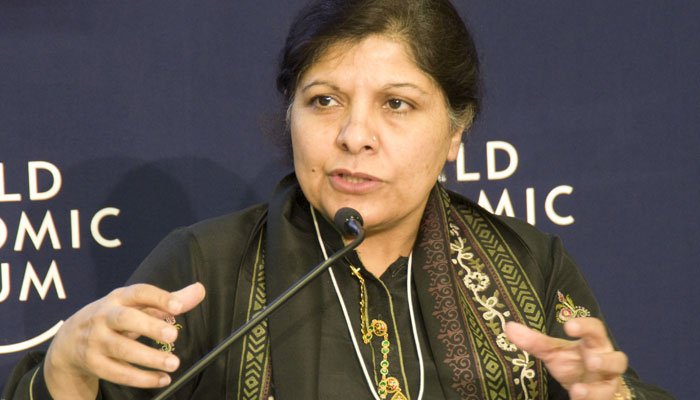Imran Khan’s lawyer, Intizar Panjotha, raised concerns about an unexpected incident during the Supreme Court proceedings.
Imran moves SC to stop Toshakhana trial case. In a significant legal development, former Chairman of Pakistan Tehreek-e-Insaf (PTI), Imran Khan, has taken his plea to the Supreme Court after the Islamabad High Court (IHC) rejected his request to halt the Toshakhana trial case. The PTI founder’s initial petition aimed to suspend the decision related to Toshakhana, enabling his participation in upcoming elections.
The Islamabad High Court’s dismissal of the plea prompted Imran Khan to escalate the matter to the apex court, underscoring the gravity of the case and its potential implications on his political future.
Imran Khan’s lawyer, Intizar Panjotha, raised concerns about an unexpected incident during the Supreme Court proceedings. According to Panjotha, the clerk’s mobile phone and the appeal documents were reportedly taken away, sparking surprise given the high-profile nature of the case and the sanctity of the Supreme Court premises.
The Toshakhana case involves allegations related to the misuse of state resources, and the decision to suspend the trial could potentially impact Imran Khan’s eligibility for participation in upcoming elections.
More From FactFile: Imran Khan’s nomination papers submitted in Mianwali
Legal experts and political observers are closely monitoring the developments, as Imran Khan’s appeal to the Supreme Court adds a new layer of complexity to the ongoing legal proceedings. The incident involving the disappearance of documents within the Supreme Court premises raises questions about the security and integrity of the judicial process.
As the legal battle unfolds, the nation awaits the Supreme Court’s decision on whether to suspend the Toshakhana trial, a decision that could have far-reaching consequences for one of Pakistan’s prominent political figures. The case highlights the intersection of law and politics, underscoring the importance of a transparent and fair legal process in shaping the country’s political landscape.





